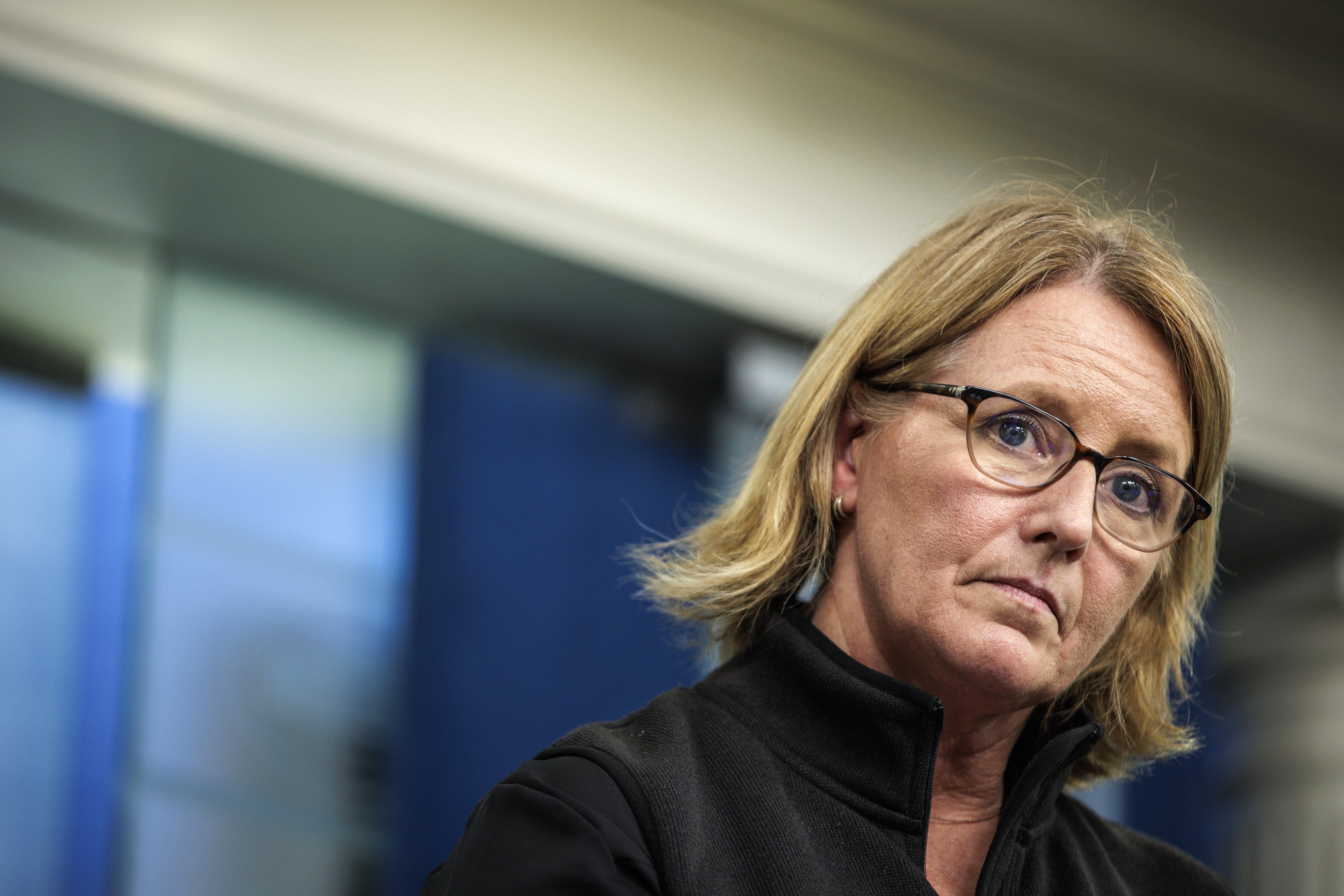With Hurricane Idalia hitting the Gulf Coast of Florida and Georgia, the Federal Emergency Management Agency is readying its response but finding itself stretched thin.
Idalia weakened from a category 4 to a category 1 storm before making landfall but still plagued the Sunshine State with severe flooding. It is moving through Georgia and up through the Carolinas, with local officials warning of potentially catastrophic storm surges from rising waters.
Meanwhile, FEMA Administrator Deanne Criswell says her agency’s disaster fund is depleted and warns it will soon run dry unless more funding is allocated. The agency is pushing Congress to approve $12 billion in additional funding – a mere bandaid for addressing major challenges in the face of climate change-induced crises. The uptick in these natural disasters is also leading to FEMA employee burnout, with staffing down 20% since 2020. Burnout combined with the need for disaster assistance rising 130% since 2020 has left FEMA 35% short of its staffing needs.
So far this year, US disasters have cost $33 billion, and Idalia is expected to be another multibillion-dollar disaster, adding itself to the list of 15 natural disasters that have cost a billion dollars or more. This is a daunting new record for the first seven months of the year in the US – and hurricane season hasn’t even peaked yet.
